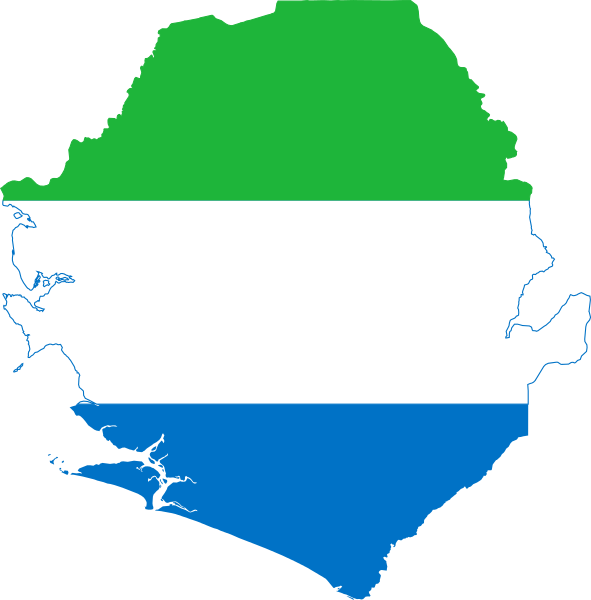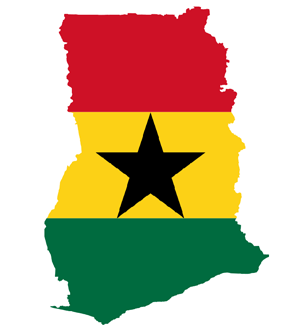

Established in 1975 via the treaty of Lagos, the Economic Community of West African States (ECOWAS) gathers 15 countries of the region to promote a regional economic integration. With the aim of creating a single trading bloc through economic cooperation, the activities include industry, transport, telecommunications, energy, agriculture, natural resources, commerce, monetary and financial issues, social as well as cultural matters. The goal is not only to develop a trading union but also to create a “borderless region” promoting “free movement of persons” and the right of residence and establishment as stated by the Free Movement Protocol in 1979
However, since this Protocol is not effectively implemented, it makes it difficult for populations to move freely and settle in the ECOWAS countries and hence unleash the potential of migration for the socio-economic development in the region.To address this issue, the Centre for Migration Studies, MADE West Africa’s partner, aims at increasing the civil society’s capacity to influence intra- and inter-regional mobility policies and in general the implementation of the ECOWAS free movement protocol at national level.
For this project objective, MADE West Africa via the Center for Migration Studies of the University of Ghana focuses on Sierra Leone and Ghana.
 Sierra Leone
Sierra Leone
Sierra Leone represents a low income, predominantly migrant sending ECOWAS countries. Although Sierra Leone is endowed with many valuable natural resources (e.g. diamond, titanium, bauxite and gold) it is among the poorest countries of the world because of the decade long civil conflict (1991-2002). The recent civil war and endemic poverty have contributed to massive emigration since the 1990s. The 2010 Population Census results show that although the country is largely a migrant source country, with an estimated emigrant stock representing 4.6 percent of the total population, it also hosts many foreigners, who constitute about 1.81 percent of the population of the country, of which 97 percent is of West African origin. Given this situation, Sierra Leone offers a unique setting for exploring the challenges associated with mobility from and to very low income countries in the region.
 Ghana
Ghana
Ghana represents a relatively stable, economically vibrant, migrant destination within the ECOWAS region. Ghana receives labour migrants from several other countries, including Nigeria, Togo, Sierra Leone, Liberia, Mali and Burkina Faso. It also receives refugees from many of the countries in the sub-region. Many of the refugees who came from Sierra Leone, Liberia, Togo and Côte d’Ivoire have settled in Ghana. All this provides an opportunity to examine the protection of the rights of these vulnerable ECOWAS citizens as well as issues of settlement and integration and highlight how the implementation challenges of the ECOWAS free movement protocol has developed as Ghana has evolved from a source country to a destination country of West African immigrants.